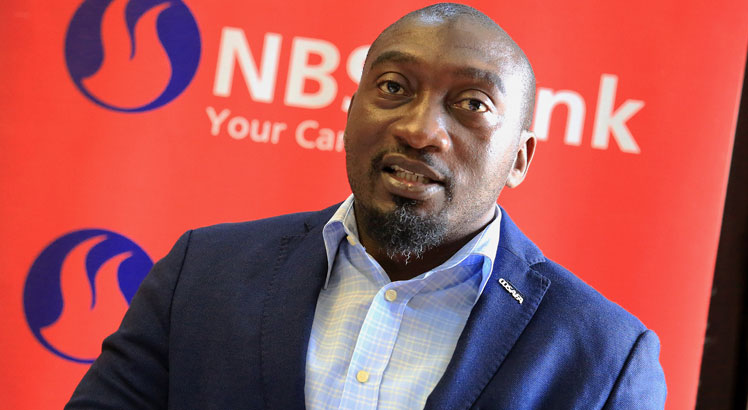3 Cashgate convicts not sentenced one year after conviction
Three Cashgate convicts are yet to be sentenced one year after they were convicted, but government says it is committed to conclude all the remaining cases as quickly as possible.
Leonard Kalonga, a former assistant director in the Ministry of Tourism, was convicted in August last year, but until now he has not been sentenced.

On August 26 last year, the High Court convicted Kalonga on his own plea of guilty for stealing K3.7 billion ($4.9 million).
However, a long-drawn out fight between the Director of Public Prosecutions (DPP) and the Anti-Corruption Bureau (ACB) resulted in an impasse that was broken only in June, when Justice Fiona Mwale ordered ACB to produce and surrender copies of documents it seized from the Cashgate convict, which were said to be critical to the sentencing process.
Also awaiting sentencing is Mkhuzo James Bandula Chirwa, a former senior quantity surveyor at the Ministry of Lands, Housing and Urban Development, who was convicted for receiving K38 million and various other amounts from government without providing a service. He was convicted in October last year.

will be prosecuted
In addition, businessperson Allan Harrison Magombo, convicted in February this year for siphoning and pocketing K32.4 million of public funds, remains unsentenced.
As many as 15 Cashgate-related cases remain unfinished in the ongoing Cashgate trials, according to the charge sheet Weekend Nation has seen.
The biggest case is that of former budget director in the Ministry of Finance Paul Mphwiyo and others accused of being involved in the loss of K2.4 billion by fraudulent means.
Ten former civil servants and nine contractors appear on the charge sheet.
But Minister of Justice and Constitutional Affairs Samuel Tembenu on Wednesday said no single participant in Cashgate will be spared from prosecution, as the current administration will move to complete all remaining cases in court.
“I ask all players in the justice sector involved in the Cashgate cases to work towards the goal of concluding the cases as soon as possible,” said Tembenu, adding that the country needs to move past the episode and devote its efforts to national building.
Twelve cases have, so far, been concluded. They include former principal secretary (PS) in the Ministry of Tourism Tressa Senzani convicted in 2014 and serving a three year sentence for money laundering and theft, former government accounts assistant Victor Sithole convicted in October 2014 and serving a seven-year sentence for money laundering and being found in possession of stolen goods.
Others are Wyson Soko, a businessperson convicted in November 2014 and serving a seven-year sentence for theft and money laundering, Maxwell Namata and Luke Kasamba both convicted in January 2015 and serving three-year sentences for money laundering and conspiracy to defraud government. Oswald Lutepo, a businessperson who was convicted in 2015 and sentenced for money laundering and conspiracy to defraud government.
Cape Town University law professor Danwood Chirwa said yesterday it is grossly unfair and a violation of one’s rights to keep a convict waiting for his sentence for one year.
“He’s entitled to know his sentence and not kept guessing. A prison sentence can be less than a year or suspended,” he said.
He further said where an accused is not sentenced for more than a year, the court could be compelled to impose a longer sentence to cover up the period of incarceration.
“This is unconscionable as our constitution also prohibits indefinite imprisonment partly because such imprisonment adversely affects prisoners psychologically and can amount to torture, inhuman or degrading treatment, unless the convict is on bail.”
The law professor said the convict also has the right to appeal and without handing down a sentence, the appeal cannot take place.
Said Chirwa: “Our criminal justice system has major administrative lapses and abuses, most of which go unnoticed with devastating consequences especially for poor convicts who do not have the resources and connections to challenge the relevant authorities.”
Another lawyer who did not want to be named said it a serious irregularity for anybody who has been convicted to stay for a year without being given a sentence.
Said the lawyer: “The country’s constitution is clear that if one has been convicted, he is supposed to be sentenced within a specific period.”





